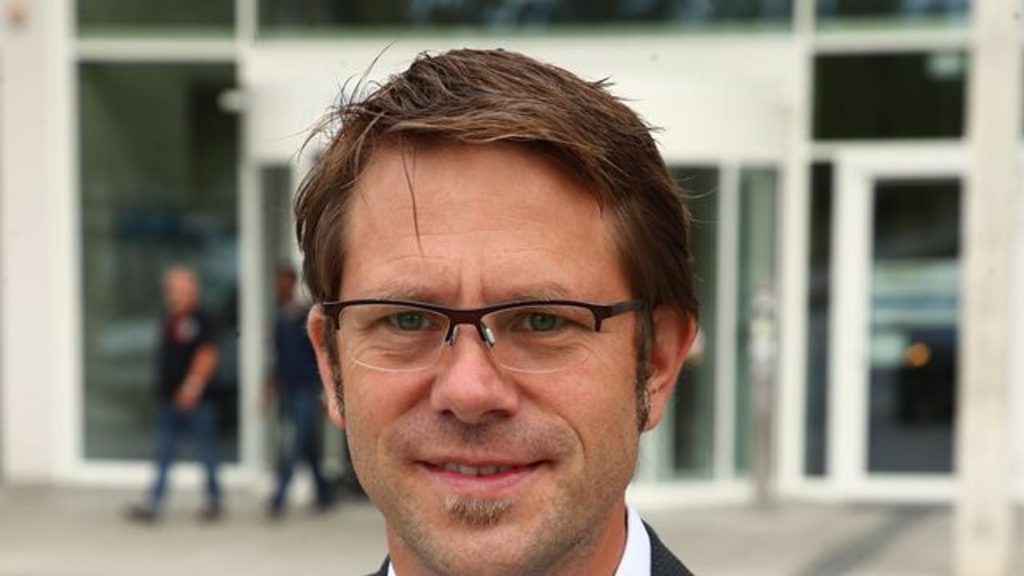
DGB for “immediate measures” for the adjustment of civil servant remuneration

Rudolph complained that the state government itself had decided in 2015, for reasons of savings, not to transfer the tariff increase for the state employees to the civil servants and instead ordered a zero round or a year later only a one percent increase.
Many employees in occupational groups that were also severely challenged during the pandemic, such as police officers and firefighters, are affected. “It is not enough to always say that we have high esteem and special appreciation,” the trade unionist stressed. This must also be reflected in the fact that the problems are being addressed – especially since there is a chronic shortage of staff in the police or in the lower grades in the judiciary, for example. This shows: “The current salary is increasingly becoming a disadvantage for the employer, who is looking for skilled workers.”
As the first concrete steps to alleviate the problem, it was proposed to transfer the 3.4 percent income increase lost by non-transfer of the collective agreements in 2015/16 as well as the base amount of at least 65 euros from the last agreement. “In percentage terms, the lower income groups would benefit more from this,” said Rudolph. After these “immediate measures”, it could then be about the detailed individual steps on the way to a constitutional payment.
The trade union of the police (GdP) had previously expressed a similar opinion and also called for more speed in the adaptation. Especially in the face of high inflation rates, especially civil servants of the lower grades got into financial difficulties. If Prime Minister Volker Bouffier hands over the office to his designated successor Boris Rhein (both CDU) on May 31, “he must lose no time in ending this illegal state of affairs,” demanded the GdP state chairman Jens Mohrherr.
